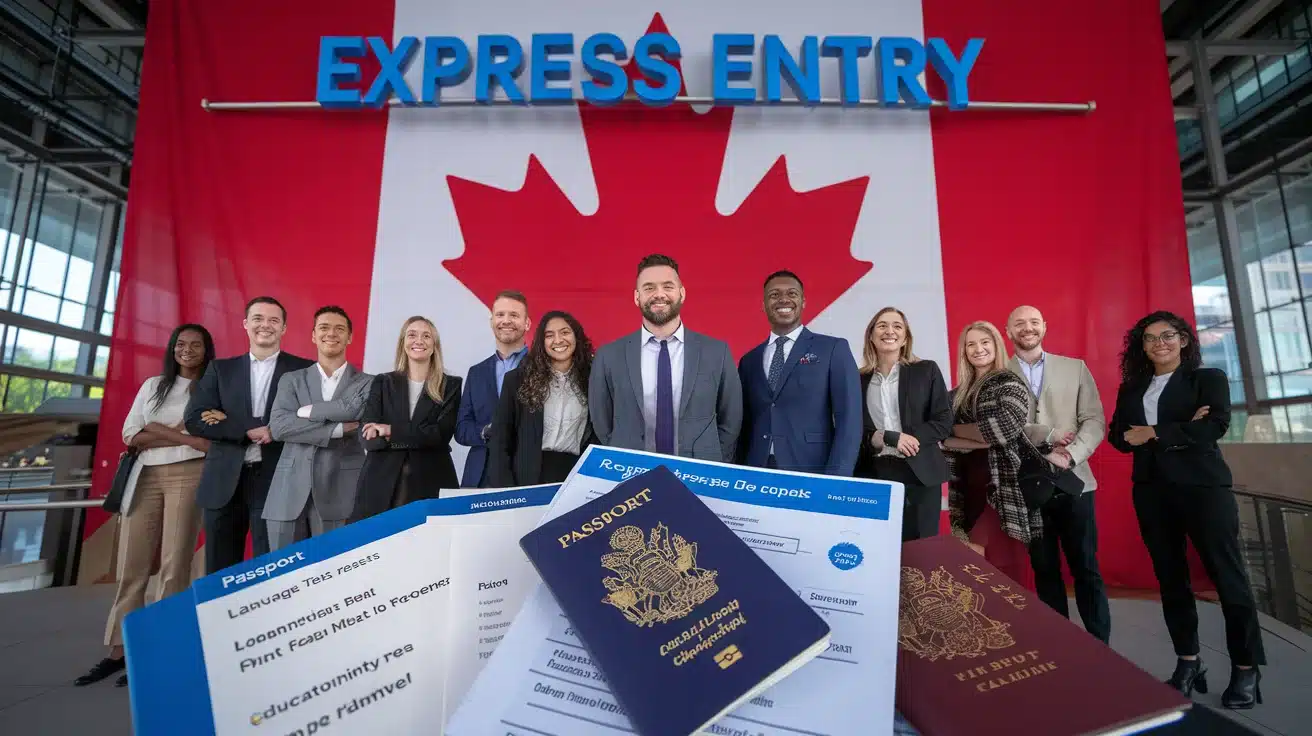Mobility Solutions – Permanent Residency – Family Sponsorship – Dependent Child
Dependent Child
Every Child Deserves to Be With family
At the heart of Canada’s immigration policies lies a commitment to family unity. The Dependent Child Sponsorship program allows Canadian citizens and permanent residents to bring their biological or adopted dependent children to Canada as permanent residents. This program acknowledges diverse family structures and evolving societal norms, ensuring families can remain together, no matter their journey. At Can X, we’re here to make your reunification journey smooth, stress free, and successful.
Let’s bring your child home and build your future together.

Why Can X
Trusted by Clients in 30+ Countries: Our proven expertise in visa services and immigration assistance has made us a reliable partner for families worldwide.
Customized Immigration Solutions: We provide tailored guidance to meet your unique needs, ensuring accuracy and efficiency.
Commitment to Excellence: From handling paperwork to navigating complex processes, we’re dedicated to simplifying your journey.
Trusted by Clients from 30+ Countries
We provide trusted and effective mobility solutions, assisting clients from around the world in successfully starting their new life in Canada.
Who is a Dependent Child?
To qualify as a dependent child under Canadian immigration law, the child must:
✓ Be under 22 years old, unmarried, and not in a common law relationship.
✓ For children over 22, exceptions apply if they have been financially dependent on their parents since before turning 22 and are unable to support themselves due to a mental or physical condition.
Key Requirements for Sponsorship
Eligibility Criteria for Sponsors
✓ Be a Canadian citizen or permanent resident, at least 18 years old, and living in Canada.
✓ Must meet all legal obligations, such as compliance with previous sponsorship agreements and court-ordered support payments.
✓ Must not have a conviction for certain violent crimes unless a record suspension has been granted.
Income Requirements: Sponsors are not required to meet the Minimum Necessary Income (MNI) unless the dependent child has children of their own. In such cases, the MNI must cover the total family unit size.
Inter Country Adoption Requirements
✓ Must comply with laws in both the child’s home country and the sponsor’s province or territory.
✓ Adoption must terminate the child’s legal relationship with biological parents.
✓ Provincial requirements, including a home study and evidence of a genuine parent-child relationship, must be met.
✓ Adoption must serve the child’s best interests and not be solely for immigration purposes.
Medical Requirements: Adopted children must complete a medical examination before receiving permanent residency. Sponsors must acknowledge and understand any known medical conditions.
Hague Convention and Ethical Adoption Practices
The Hague Convention on Intercountry Adoption ensures international adoptions are ethical, legal, and prioritize the child’s best interests. These safeguards prevent trafficking, exploitation, and abduction. For Hague adoptions, approval from authorities in both countries is mandatory, ensuring transparency and compliance.
In non-Hague adoptions, specific country regulations apply, but Canadian provinces and territories oversee all adoption processes, aligning them with the principles of the Hague Convention.
Take the First Step Today
We’re more than immigration consultants, we’re your trusted partners in building a brighter future. Our deep subject knowledge, empathetic approach, and track record of success ensure you feel supported every step of the way. Whether you need guidance, assistance, or reassurance, we’re here to help you bring your family together.
Bringing families together isn’t just our work – it’s our passion. Let’s bring your child home.
FAQs About Dependent Child Sponsorship
The program allows Canadian citizens and permanent residents to sponsor their biological or adopted dependent children to live in Canada permanently as part of family reunification policies.
Sponsors must be at least 18 years old, be a Canadian citizen or permanent resident living in Canada and meet eligibility criteria. These include no defaults on previous sponsorships, no unpaid support payments, and no convictions for specific violent crimes.
The adoption must be legal in the child’s home country and your Canadian province or territory, end the child’s legal relationship with their biological parents, and establish a genuine parent-child relationship. It must also meet provincial requirements and be in the child’s best interest.
The Hague Convention ensures that international adoptions prioritize the child’s best interests, prevent trafficking, and respect human rights. It requires cooperation between countries and prohibits private adoptions in the child’s home country.
Yes, specific rules apply to adopting relatives, which vary based on the province and the child’s country of origin. Consult with local authorities for guidance.
Non-Hague adoptions have different requirements depending on the country. Consult your provincial or territorial adoption authority for specific rules.
Yes, you can sponsor your biological child through the Dependent Child Sponsorship program if they meet the definition of a dependent child.
Your spouse’s consent is not needed to sponsor your biological child. However, if your spouse is a co-signer, their financial details will be assessed.
If the other parent has custody or visitation rights, their consent may be required. Legal documents or court orders may be needed to show you have the right to bring the child to Canada.
A dependent child is under 22 years old, unmarried, and not in a common-law relationship. Children over 22 qualify if they have depended financially on their parents since before turning 22 and cannot support themselves due to a mental or physical condition.
Sponsors do not need to meet Minimum Necessary Income (MNI) requirements unless the dependent child has children of their own. In such cases, the sponsor must meet the MNI for the family size.
Children adopted outside Canada can be sponsored if their biological parents have given informed consent (if alive), the adoption is legal in the country of origin, and the Hague Convention requirements are met if applicable.
If you are a Canadian citizen living abroad, you can sponsor a child, but you must return to Canada and reside there when the child becomes a permanent resident.
Ensure the adoption complies with the laws of the child’s home country and the legal requirements of your Canadian province or territory.
Provinces and territories manage adoptions, enforce Hague Convention rules, and provide guidance on legal requirements for all types of adoptions.
Your marital status does not affect your ability to sponsor a child. However, you must meet all eligibility requirements, including financial capability.
Yes, you must provide documentation such as birth certificates or adoption papers to prove your relationship with the child.
Got more questions? We’re here with the answers!
Got more questions? Unsure about the process or what’s next? We’re here to guide, support, and simplify every step of your journey.
Your journey begins with one conversation - let’s start now!





